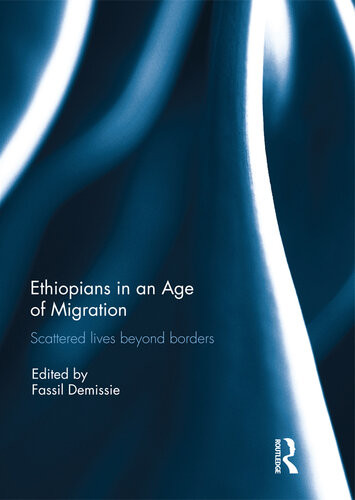

Most ebook files are in PDF format, so you can easily read them using various software such as Foxit Reader or directly on the Google Chrome browser.
Some ebook files are released by publishers in other formats such as .awz, .mobi, .epub, .fb2, etc. You may need to install specific software to read these formats on mobile/PC, such as Calibre.
Please read the tutorial at this link: https://ebookbell.com/faq
We offer FREE conversion to the popular formats you request; however, this may take some time. Therefore, right after payment, please email us, and we will try to provide the service as quickly as possible.
For some exceptional file formats or broken links (if any), please refrain from opening any disputes. Instead, email us first, and we will try to assist within a maximum of 6 hours.
EbookBell Team

0.0
0 reviewsThe migration of Ethiopians across international borders is a recent phenomenon because of the limited integration of the country and society to the global economy. Since it was never colonized – aside from the Italian occupation of 1936-1941 – Ethiopia’s economy and society were not directly impacted by the ebb and flow of the global economy, and thus never generated international migration. Beginning in the 1970s, due to factors such as famine, rural poverty, civil war, and political repression, an unprecedented number of Ethiopian migrants began to leave their country in search of better, more secure lives. Today, this diaspora constitutes a distinctive community dispersed across the world, but bound by a common feeling of collectiveness and a shared history of the homeland.
The contributors to this volume draw their work from a wide variety of interdisciplinary fields and provide new critical insight on Ethiopian migrants and their diaspora communities. What has emerged from these scholarly works is the recognition that the Ethiopian diaspora – although separated by oceans and nations, by politics, ethnicity, class, gender and age – are carving out a social and material world born out of their particular circumstances both "here" and "there". This book was originally published as a special issue of African and Black Diaspora: An International Journal.